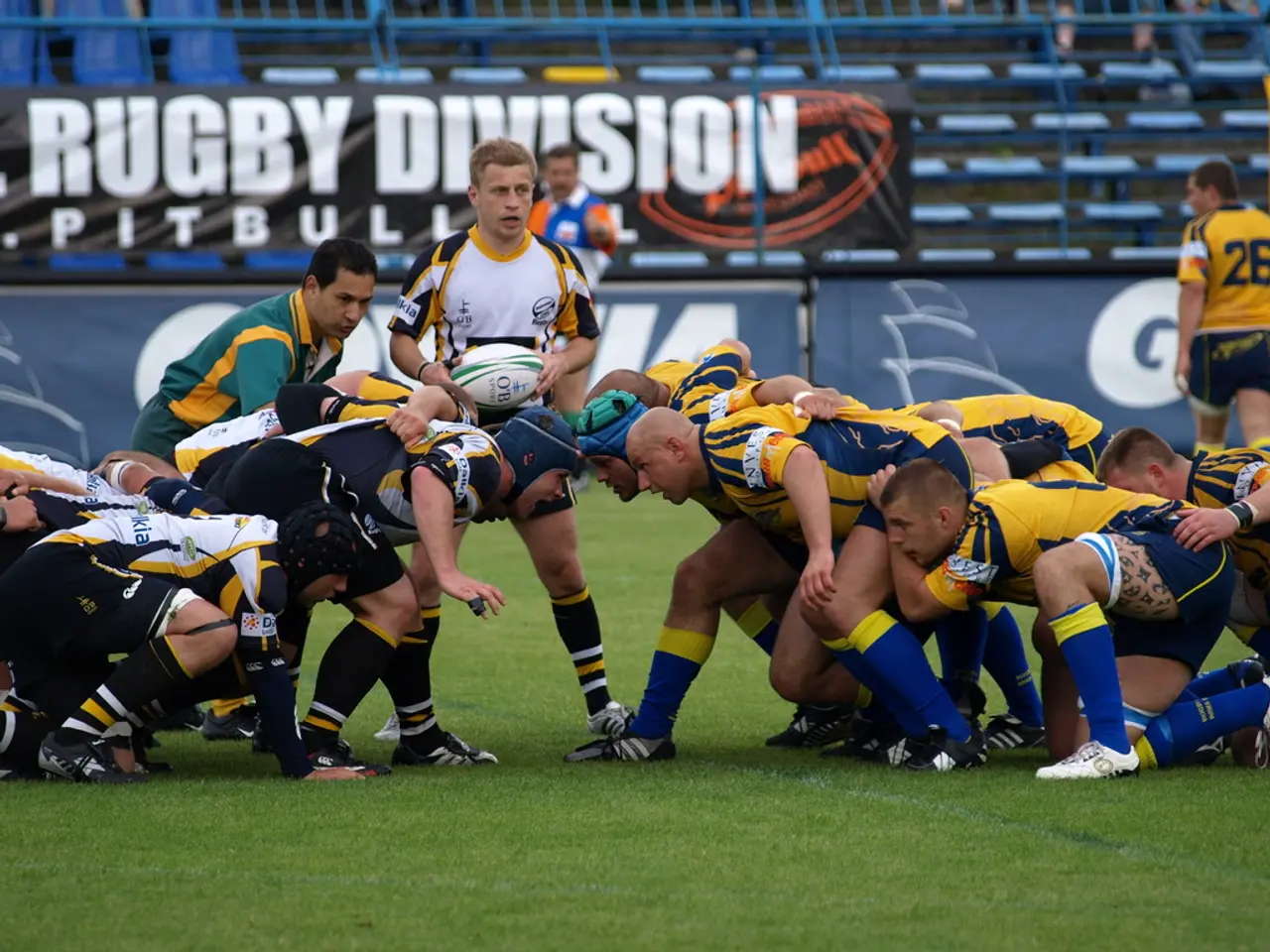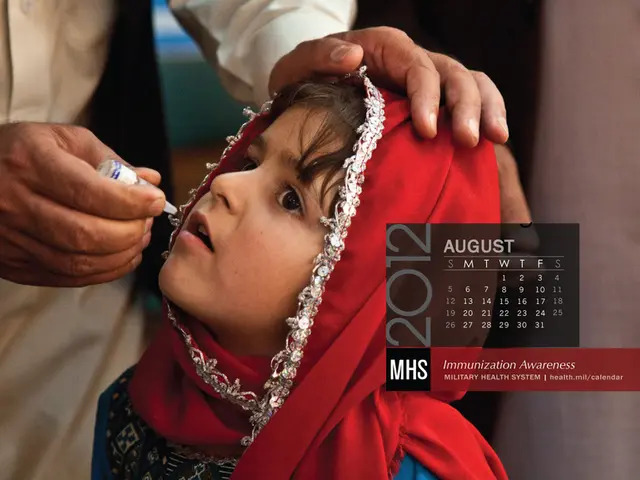Exploring the Prevalent Stigma Towards Mental Health in Rugby League Through a Cultural Lens
Promoting Emotional Well-being in Rugby League: A Comprehensive Approach
Emotional challenges in sports, particularly in rugby league, have long been a neglected topic due to the pressure to maintain a strong, tough image. However, professional organizations are taking significant steps to combat the stigma surrounding these issues and reshape public perception of vulnerability in athletes.
The role of sports psychology has become increasingly important in addressing mental health concerns in athletes. Techniques such as mental imagery, mindfulness exercises, and breathing exercises are being used to help players cope with stress and improve their performance.
Addressing the stigma surrounding mental health is crucial for promoting overall wellbeing among rugby league players. Successful initiatives include education and awareness campaigns, workshops on sports psychology, and support networks.
Promoting mental health literacy is a key approach. Educational articles, webinars, and resources are shared to increase understanding and reduce stigma. Helping athletes recognize mental health symptoms and normalizing discussion about emotions helps break down barriers to seeking help.
Teams are fostering safe environments by encouraging athletes to express emotions and share struggles without judgment. Coaches adopt open-door policies, conduct regular team meetings focused on mental health, and conduct mental health screenings for new players.
Regular mental health check-ins help identify players needing additional support early and normalize mental health as part of overall athlete care. Support from athletic trainers and staff is also essential. Trainers are trained to recognize mental health issues, provide initial support, and refer athletes to professionals as needed.
Incorporating mental wellness workshops into team activities is a proactive measure for managing stress and anxiety among players. Clubs often provide access to sports psychology professionals to help players deal with pressures that come from the competitive nature of sports.
Peer pressure adds another layer to the issue, with many players feeling they must conform to expectations of teammates and fans. However, a shift in culture is underway, with players speaking out about their struggles and encouraging open discussions about mental wellness.
The "Mind Your Head" campaign is one example of this shift. It focuses on raising awareness about emotional health and normalizing conversations regarding mental wellbeing. Awareness programs emphasize the importance of mental fitness alongside physical training.
Cultural factors greatly influence how stigma manifests in rugby league communities, with varying attitudes towards mental wellness based on surroundings. Changing public perception is key to creating a healthier environment for athletes in rugby league. Education around emotional health should be part of training programs for athletes.
Engaging family members in support systems can reduce feelings of isolation among athletes. Support networks for players should focus on ongoing support, not just crisis management. Regular mental skills training sessions can provide valuable tools for coping with stress.
Together, these strategies form a multi-layered approach that combines education, open dialogue, professional support, and practical coping tools to combat stigma and promote emotional well-being in rugby league players. This helps create a sporting culture where mental health is openly acknowledged and effectively supported.
Read also:
- Apparition's Significance and its Delivered Messages - as discussed by Sensenmann
- Explored the Popular Health Assessment with a Queue of 100,000 Aspiring Participants - Here's My Unadulterated Opinion
- Hearing impairment condition: Recognizing symptoms and management approaches
- Exploring Recurring Actions in Mature Individuals: An Analysis of Persistent Actions in Adults' Daily Lives








